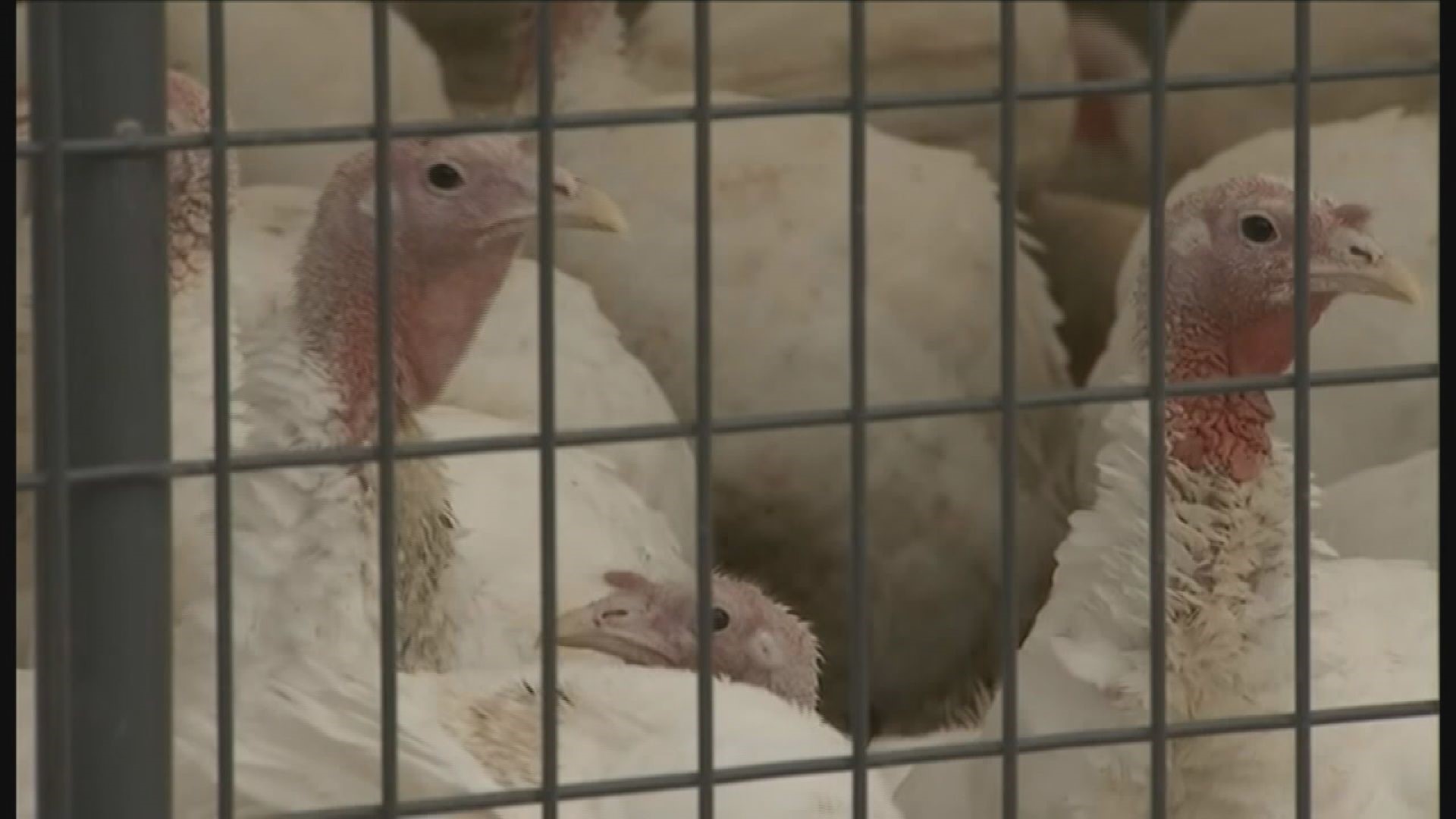HARRISBURG, Pa. — The Pennsylvania Department of Agriculture on Thursday issued a temporary quarantine order banning the exhibition of poultry and eggs at county and local fairs statewide in an effort to product the commonwealth's $7.1 billion poultry industry from Avian Flu.
The ban, which goes into effect Saturday, will last for 60 days, or until the department lifts it, according to Agriculture Secretary Russell Redding.
The temporary ban prohibits the presence and display of poultry and poultry products, including eggs, feathers and other parts and items made of these parts.
It applies to the 108 county and local fairs that receive state funding under the Pennsylvania Agricultural Fair Act.
"Pennsylvania's agricultural fairs are important educational events for our youth," Redding said in a press release. "But the risk to our poultry farmers and our economy outweighs the benefit of displaying poultry at fairs when avian influenza is an imminent threat.
"The very real experience of weighing risks against benefits is also a tremendously important part of an agricultural education."
Pennsylvania has not had a confirmed case of Avian Influenza in commercial or backyard poultry since an outbreak in 1983-84.
As of this week, infected birds in commercial and backyard poultry flocks had been confirmed in 26 states, including most states surrounding Pennsylvania, Redding said.
The USDA's website includes a complete listing of confirmed domestic poultry infections, as well as those in wild birds. Genetic analysis of samples taken in other U.S. states has shown that the virus is being spread by infected wild birds.
Domestic poultry, including chickens, ducks, geese, turkeys, guinea fowl, quail, pheasants, emus and ostriches are most susceptible to avian influenza, Redding said.
Highly Pathogenic Avian Influenza is highly contagious and often fatal to birds.
According to the U.S. Centers for Disease Control and Prevention, these avian influenza detections do not present an immediate public health concern. No human cases of avian influenza viruses have been detected in the United States.
Poultry products and eggs are safe to consume if stored and cooked at proper temperatures, Redding said.
In 2015, following a multi-state outbreak of HPAI, primarily in the Midwest, the USDA reported losses and response costs of approximately $1 billion.
A 2021 study of the economic impact of Pennsylvania agriculture found that Pennsylvania's poultry industry contributes $7.1 billion to the state's economy and supports 26,600 jobs.
The state's organic poultry sector leads the nation in sales of both eggs and poultry.

